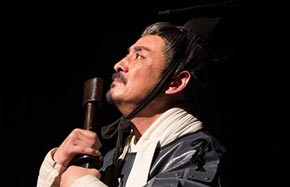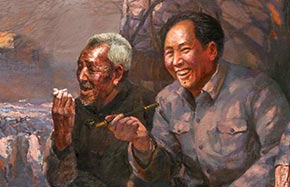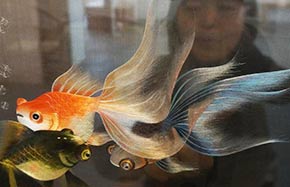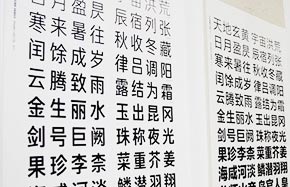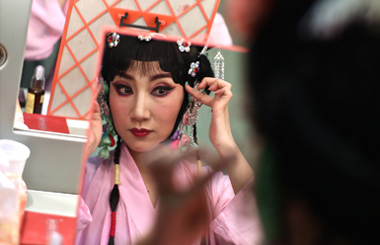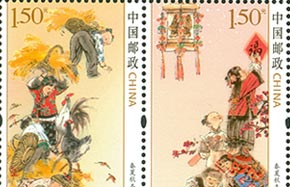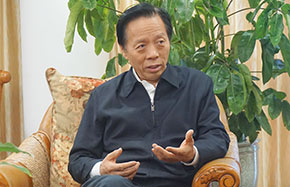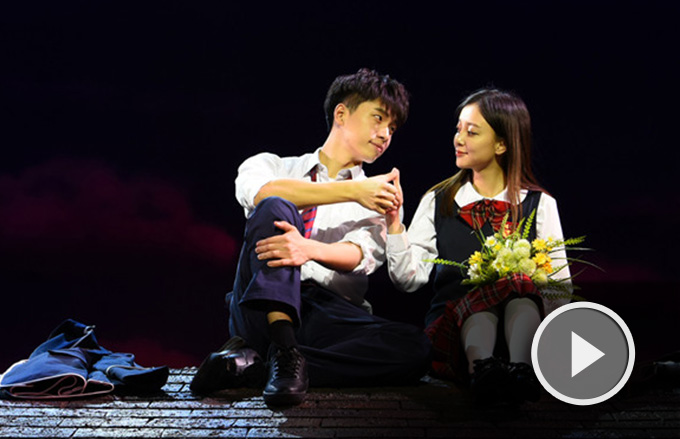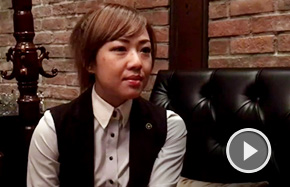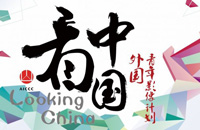Carnegie Hall opportunity excites Chinese violinist
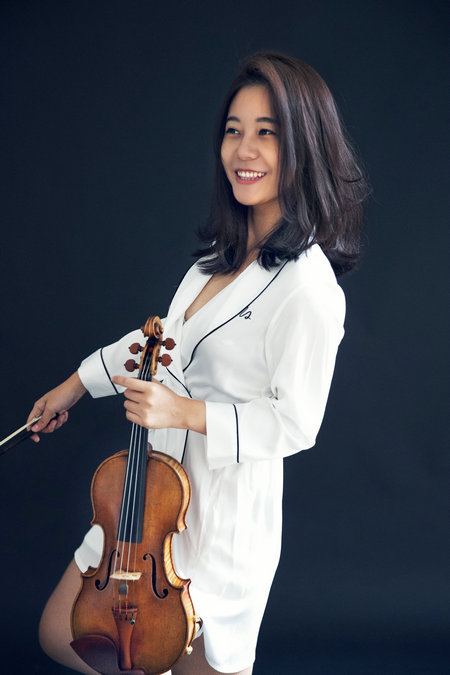 |
|
Wang Jiazhi will hold her first recital at Carnegie Hall later in March. [Photo provided to China Daily] |
Her solid technique led to offers from four established music schools in 2008, including the Beijing-based Central Conservatory of Music and three New York institutions: the Juilliard School, the Manhattan School of Music and the Bard College Conservatory of Music.
She chose to study at Bard with a full scholarship under Li, a violin professor.
"She is a natural and quick learner," says Li. "Difficult things on the violin seem effortless for her, and she is also a very intelligent and lyrical performer."
Israeli violinist Shmuel Ashkenasi also taught Wang while she studied at Bard. "I am very impressed by her playing, which was very special and different from others, and her technique is amazingly clean and accurate," says the 76-year-old.
In 2014, Wang began studying at the Yale School of Music under violinist and professor Ani Kavafia with a full scholarship.
Speaking about her music, Wang says that Chinese parents want their children to become successful as soloists, and the importance of chamber music is ignored.
But during her studies in the US, she learned to play and enjoy music along with her classmates.
In January, she was one of the 80 overseas Chinese musicians chosen to participate in a tour initiated by famed cellist Yo-Yo Ma and his Silk Road Ensemble. That enabled the young violinist to test her ability to improvise for the first time.
"My fingers were stiff and I was nervous. But the experience really inspired me and it was fun," says Wang, who toured Guangzhou, Taipei and Hong Kong with the Silk Road Ensemble.
On Tuesday, Wang released her debut album, Romance, which has 10 romantic pieces, such as Claude Debussy's Clair De Lune, Edward Elgar's Salut D'amour and Fritz Kreisler's Midnight Bells from the operetta Der Opernball.
In August, the violinist will return to China and launch a music festival, which will focus mainly on chamber music.
"We invite musicians from the older and younger generations. I want to bring my musician friends to the festival ever year," says Wang, who helped launch music festivals in Venezuela and Colombia in 2013.
"Our goal is to show audiences that classical music is not boring and it can be fun. It is really amazing to make music with my friends."




